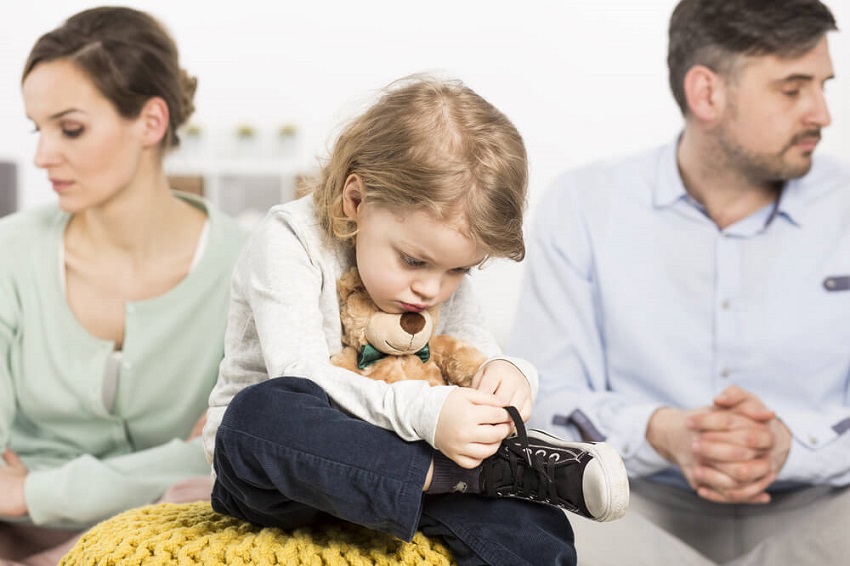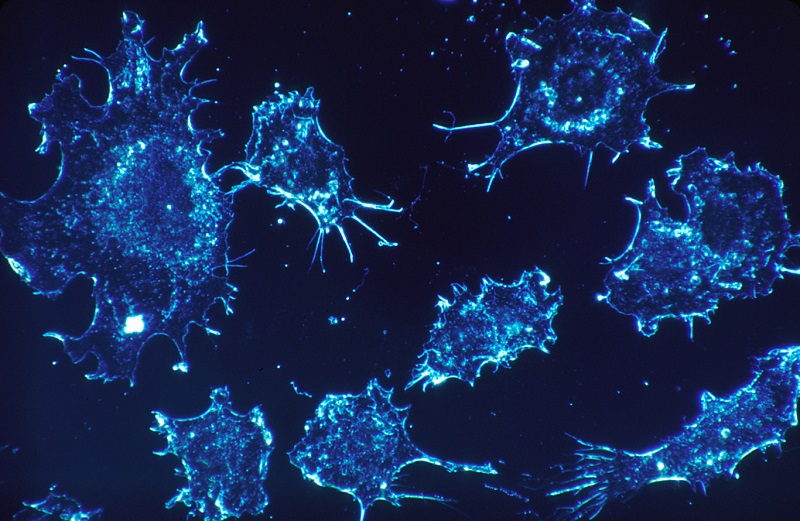Reactive attachment disorder is a condition that occurs in some children, which show difficulties in relating and poor emotional development.
What is reactive attachment disorder
Reactive attachment disorder (ADR) usually occurs in children, before 5 years of age. The essential characteristic of this disorder is the existence of unusual. And inappropriate social interactions for the child’s level of development.
The main reason that explains the appearance of this disorder is an extremely pathological upbringing in which the child has not been properly cared for. Due to this pathological education, the child has not received the necessary support. And affection during childhood, so that their emotional development is impeded.
In most cases, the child is unable to create bonds or relationships of trust with adults or with their peers. And this way, he is unable to initiate and maintain social relations in an appropriate manner.
In short, reactive attachment disorder occurs in infants who have not been able to create a secure attachment pattern with their primary caregivers. Who in most cases, are parents.
You may interest: WHAT IS DENTAL TRAUMA AND WHY DOES IT OCCUR?
Causes
The altered social relationships that characterize the reactive attachment disorder have their origin in the first years of the child’s life. When a pathological upbringing occurs, the subject is raised in an environment in which their physical or emotional needs are neglected.
The inability to form secure bonds can also occur in cases in which the child repeatedly changes primary caregiver. As occurs in orphaned children who change constantly from foster homes. Some of the typical characteristics that denote a pathological upbringing are:

Not to attend to the basic emotional needs of the child, depriving him of well-being, affection, and security.
Not attending to the basic physical needs of the child, mistreating or responding abusively.
Physical or psychological violence.
Continuous changes in the primary caregiver of the child, which prevents him from establishing stable emotional bonds.
Caregivers who do not express their feelings and for this reason, do not adequately convey love and affection to the child.
Caregivers with few or no parental skills, who are not able to raise a child by transmitting the necessary care and affection.
It is common to find this type of negligence in orphaned or abandoned children, in adopted children when the adoptive parents neglect the care of the child or when there is abuse or violence by the caregivers.
In this way, children become self-sufficient in a certain way and reject the care of adults. Not feeling comfortable or safe in their presence. Since they have never had the confidence or felt valued by their caregivers.
Types of reactive attachment disorders
Inhibited type
This subtype occurs when the child is emotionally repressed, unable to initiate conversations or normal social interactions. This type of children expresses a lot of distrust with strangers. And the people around them since they have never been able to experience a relationship of trust in childhood.
The child is inhibited, distrustful and overly vigilant to the people around him. He is afflicted and resists the rewards or amenities offered and often shows no affection or emotion.
In extreme cases, they may self- injure or injure others, show uncontrolled and excessive reactions. Sometimes, the psychological disorder they suffer has physical repercussions and causes delays in the development or lack of growth.
Uninhibited type
In these cases, the child is excessively confident with the people around him. The child exhibits an excessive and indiscriminate sociability, looking for the affection that he did not receive during his first years of life.
In this way, these children can manifest an excessive affection with people they have just met, getting to go with strange adults, being unable to choose caregivers in a discriminated way.
The reactive attachment disorder, both in its inhibited and uninhibited form, can be treated with psychological support. One of the most important interventions, in order to get the child to regain confidence in adults, is to provide a figure with which you can establish a bond of trust.
In a large number of cases, psychological therapy is able to reverse the abnormal social behaviors of children with reactive attachment disorders. Especially when the treatment is started in the early stages.
We also recommend you to read this article: http://www.babysleeppositioners.com/9-motivating-phrases-children/




